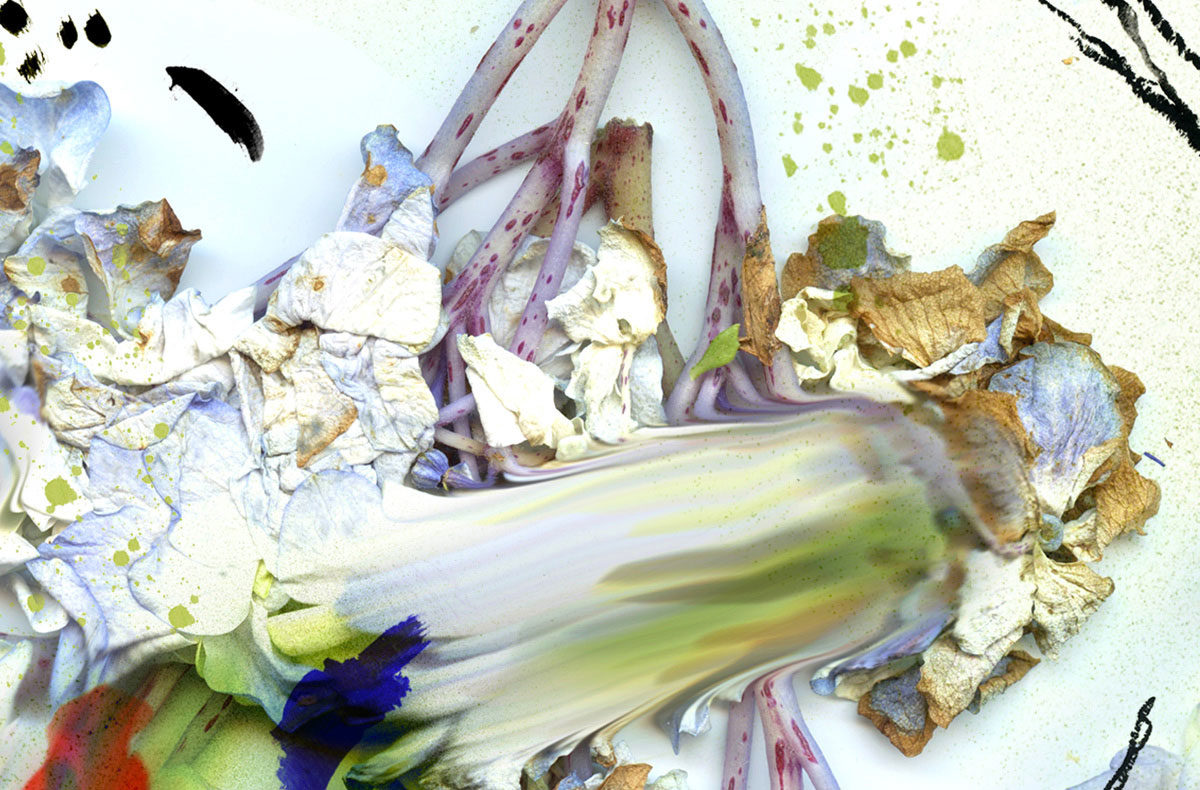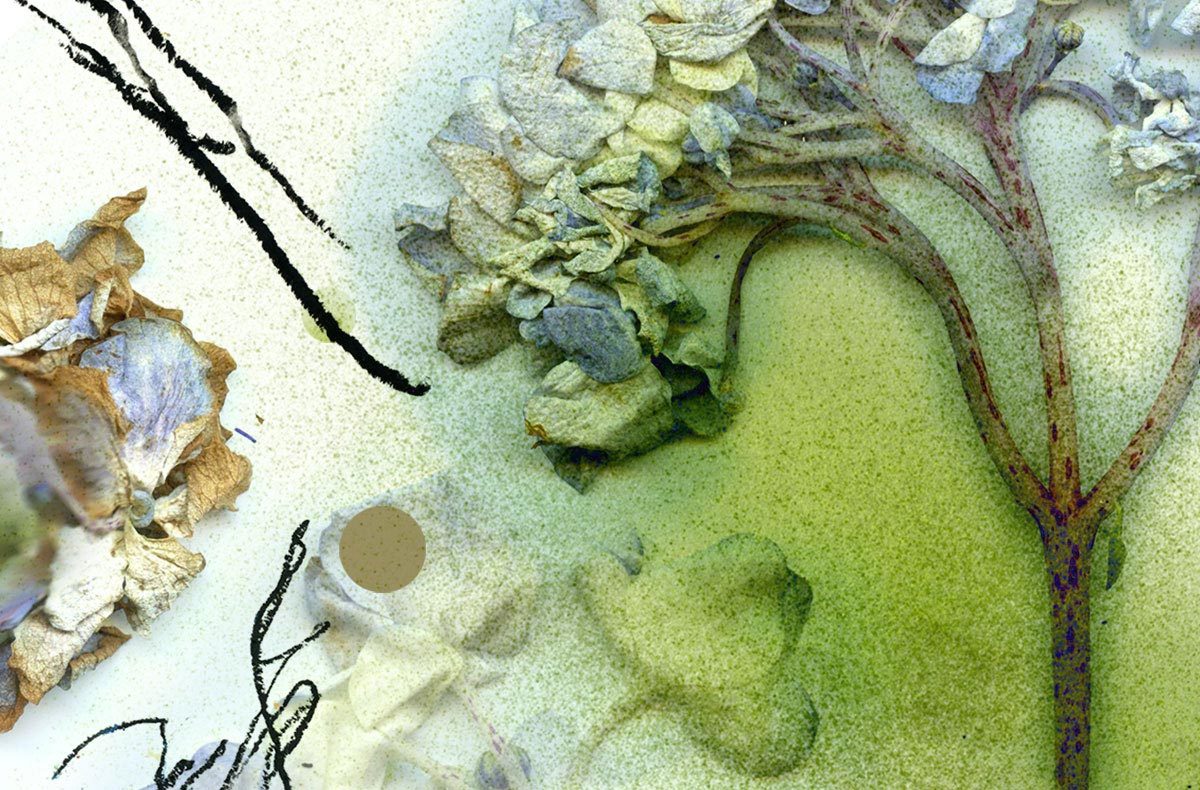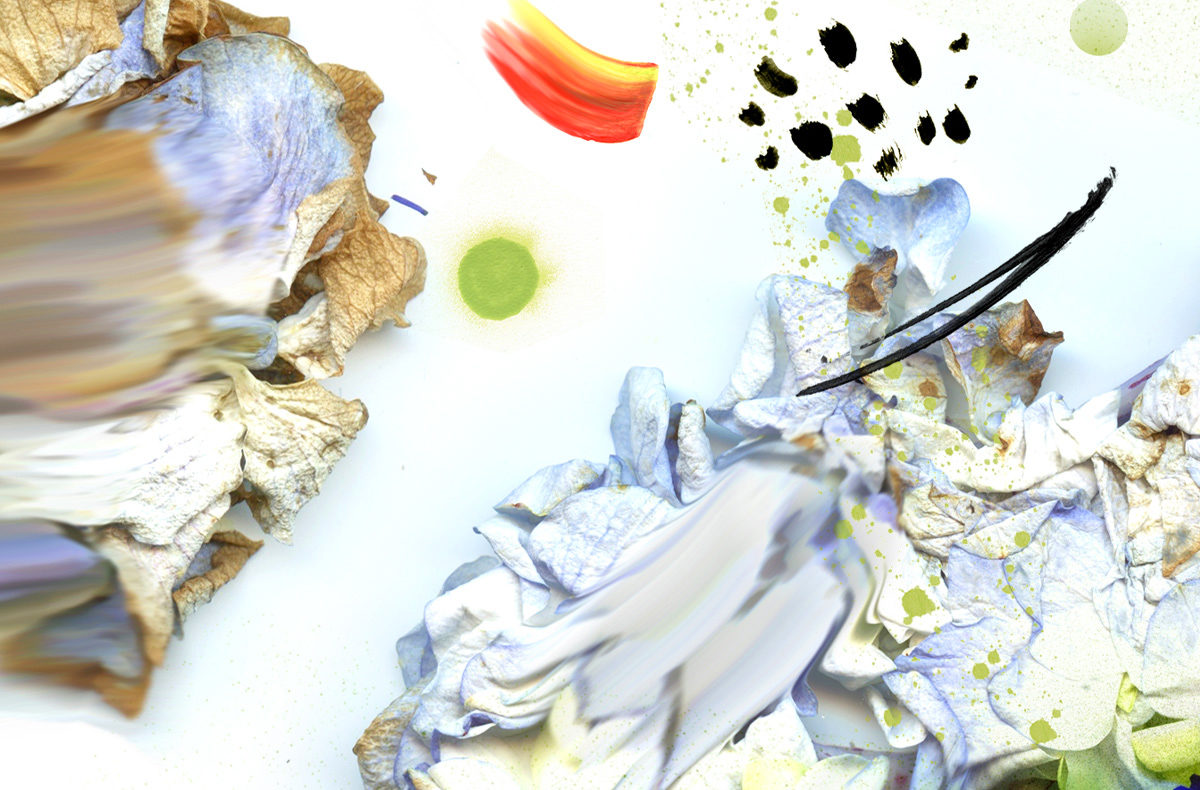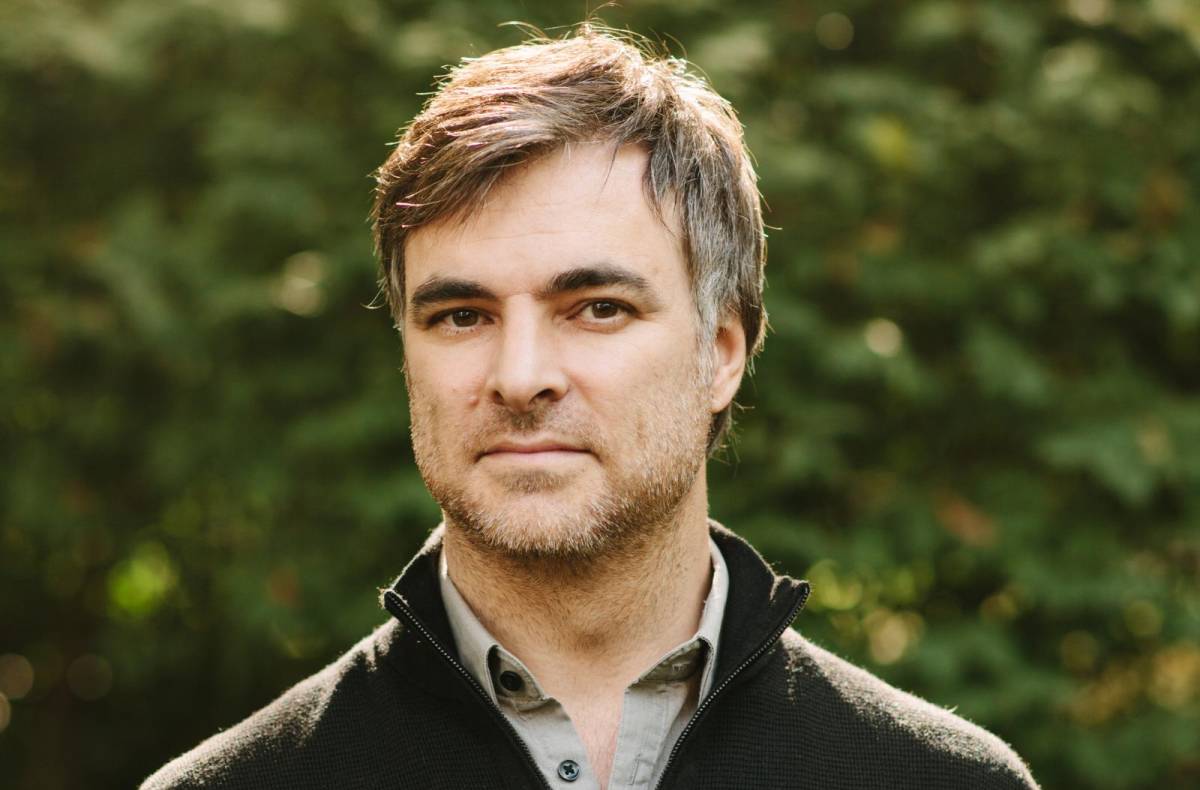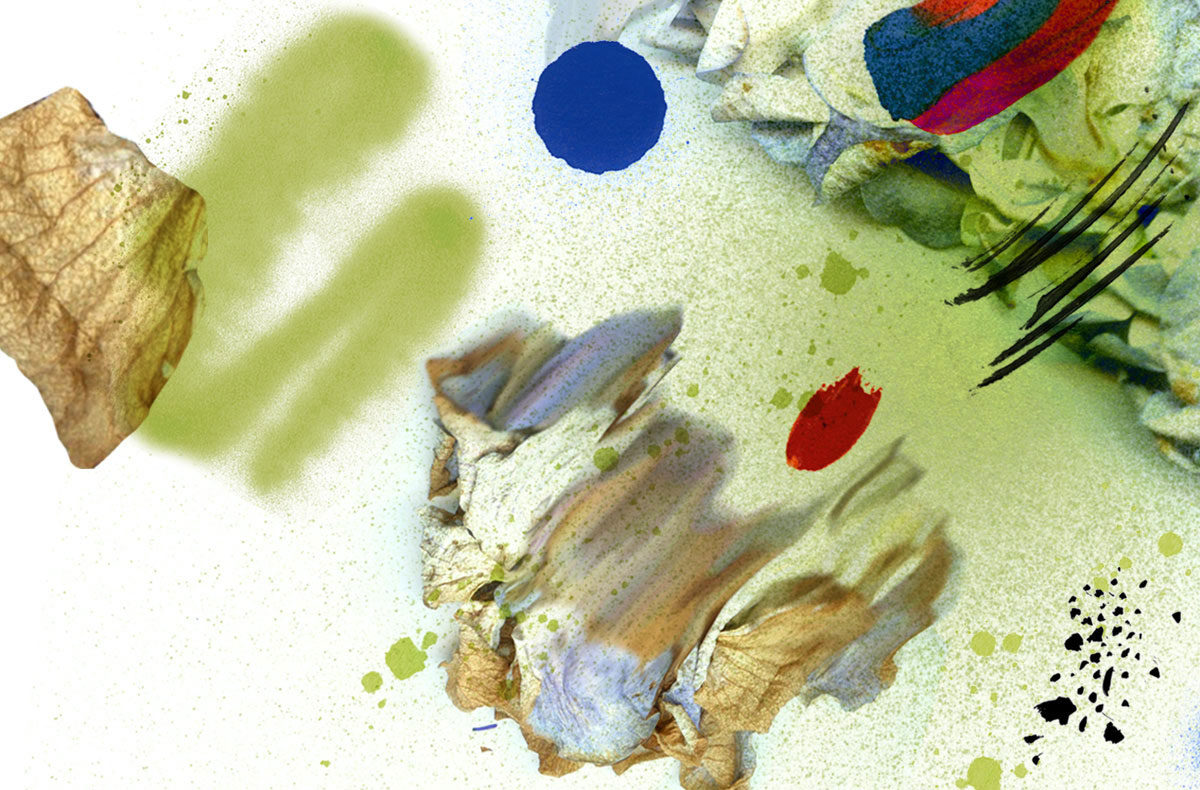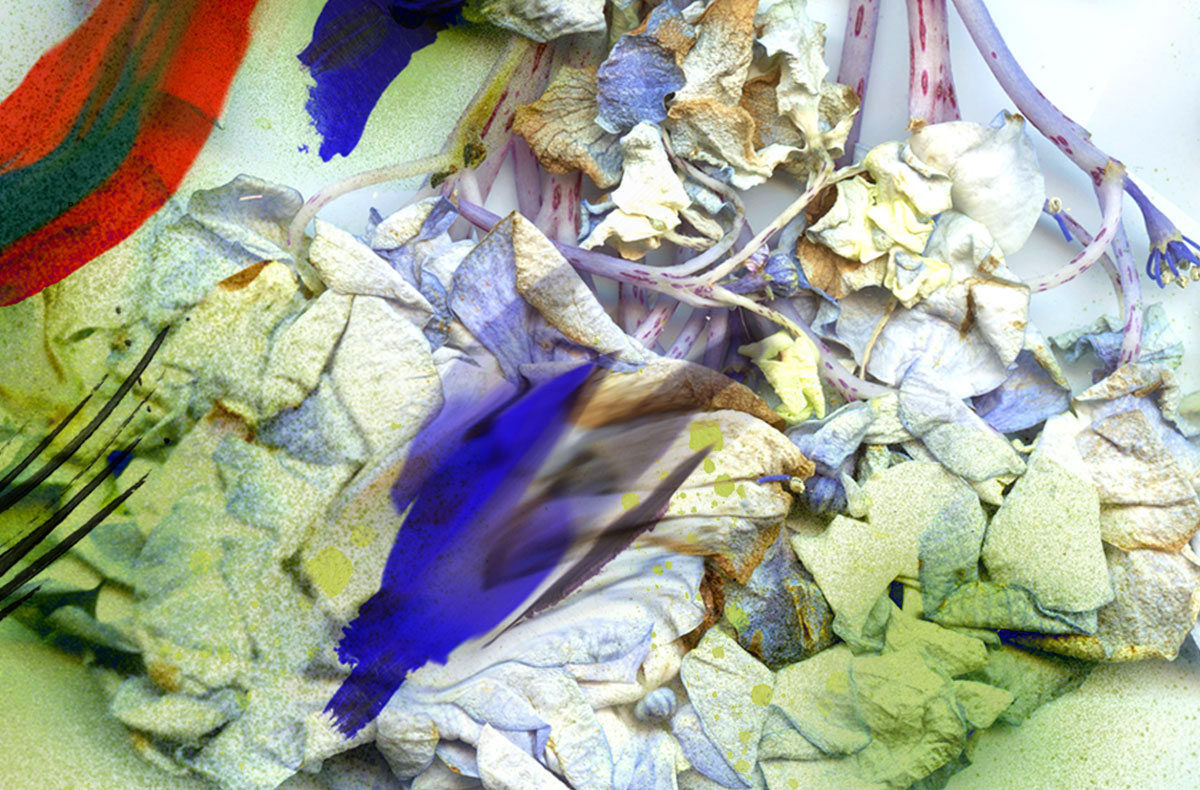By David Maggs, Metcalf Fellow on Arts and Society
Having had the privilege of attending Canadian Heritage’s “National Culture Summit: The Future of Arts, Culture and Heritage in Canada,” held in Ottawa earlier this month, the question I got asked a lot from folks who’d heard about my collaboration with Metcalf was, “What are you doing there, anyway?”
“Innovation,” I said.
Later, I recalled someone telling me that the only word used more than “innovation” in the 2015 Liberal policy platform was the word “the.” So in the name of a more meaningful response, the next few posts will explore what we are hoping to accomplish with this Arts and Society Fellowship at Metcalf.
Our focus on the intersection between art and society means, for me, asking two questions at once: What should the cultural sector do? And what should we do with the cultural sector? In other words, how should the cultural nonprofit sector pull itself from the wreckage of its current predicament, and why?
Asking “what should we do?” while at the same time asking “what are we for?” brings us to what I see as an essential paradox. Art relates best to society by way of contradiction: applied yet not instrumentalized, enfranchised yet not autonomous. Can art meaningfully involve itself in society, without becoming a tool of our social agendas? Can we stick to the integrity of our artistic processes without dismissing our responsibility to the present moment? In other words, can we strengthen the ways in which the arts matter to the world right now, without trying to become social workers, economic development officers, educators, community engagement specialists, or healthcare providers?
While I do want us to demonstrate our profound relevance to all these challenges and more, if we do not ground that relevance in the core capacities of our sector — artists making art — we lose the means by which our relevance emerges. Drop the power of the arts in order to dash off and save the world and we show up empty-handed. Therefore, central to the work I will be developing here at Metcalf is the challenge to clarify and operationalize this overarching paradox: How do the arts continue to do what they do best, while growing ever-nearer to the urgencies of our day?
Back in Ottawa, I was happy to hear I am not alone in pursuing this paradox. In an afternoon panel on the second day, the CEO of the Canada Council for the Arts, Simon Brault told us he is often accused of instrumentalizing the arts as the Council works to connect its funding policies to ever more explicit social objectives — reconciliation with Indigenous Peoples, better inclusion of disability communities, generating more equitable opportunities across the sector, and now, an urgent push to figure out and fulfill our role within the climate crisis.
These accusations of instrumentalizing art are important. We need to understand the risk in order to stay balanced within our essential paradox. Jumping on the next value-train to come along is easy, understanding how to relate to it via genuine cultural practice is more difficult. Failing to do so, however, leads to the kind of tokenistic and performative gestures all too familiar today. There is a long history of the state using art to serve its social agendas, typically costing the arts the integrity of its processes, thereby unraveling its unique relationship to audience, and ultimately undermining the very power for which the help of art was sought in the first place.
As the Canada Council steers the country’s cultural nonprofits towards more explicit social agendas, avoiding this tired cycle of instrumentalization and futility will mean understanding, inhabiting, and operationalizing this overarching paradox.
So I agree with Monsieur Brault’s position, that both are possible. Assigning increasing social purpose to our sector does not lead inevitably towards instrumentalizing our practices. While such a fate is not inevitable, avoiding it involves threading the needle in ways for which both policy and practice are currently unprepared. What follows is an exploration of the concepts, capacities, and skills to retain our precious paradox, such that we might lure the specificity of our social imperatives into the vast wilderness of our artistic imaginations.


